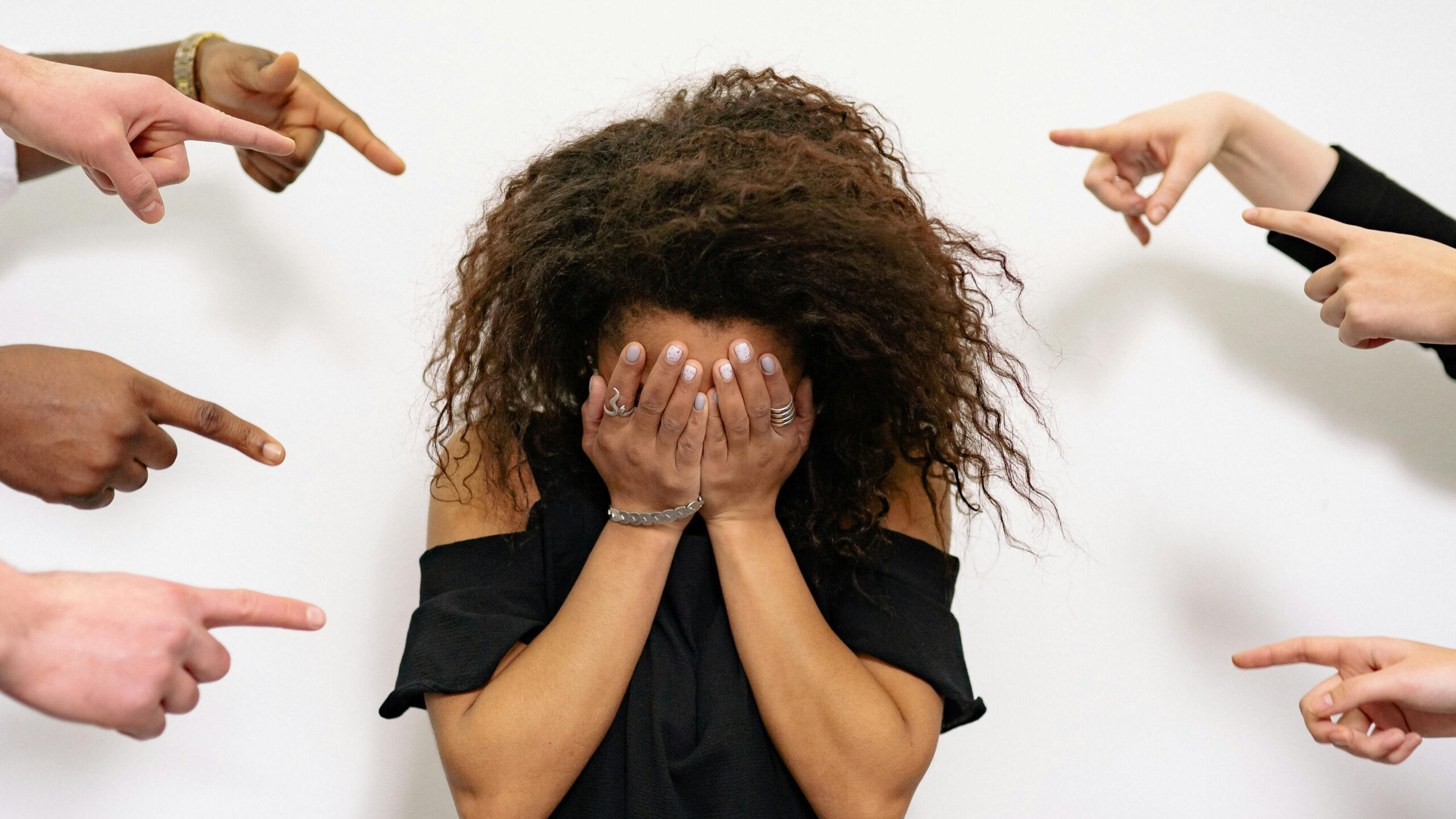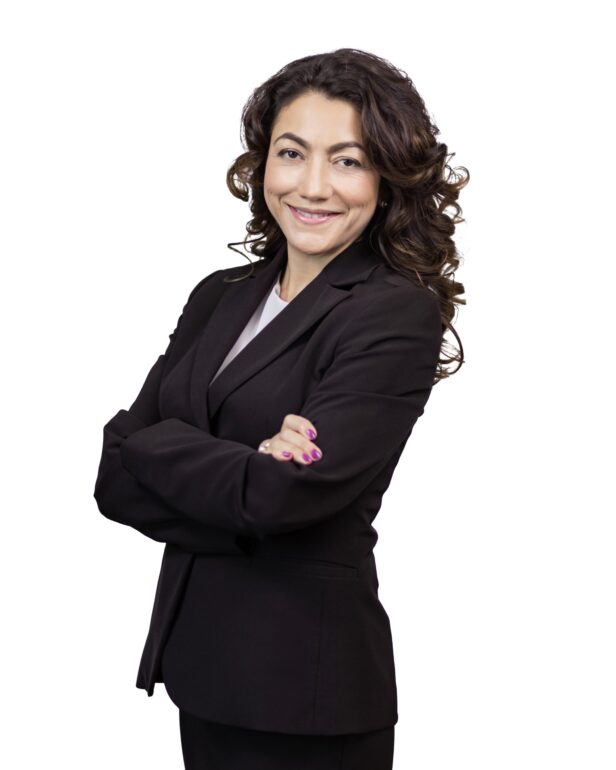Jodee Blanco did not fit in from fifth grade to high school for the same reason many others struggle today simply for being different.
She said the most difficult part of being a school outcast as a kid was the positive emotion she offered to others was being rejected.
“It wasn’t the acceptance I was being denied, it was all the love and friendship I had to give that everyone just kept throwing back at me,” said Blanco, the New York Times bestselling author and the first voice of the anti-bullying movement.
“I’m 60 years old, so when I was being bullied, we’re talking 45, 50 years ago, and back then, the term bullying didn’t even exist. Back then, the attitude was kids will be kids and you have to fight your own battles,” she said.
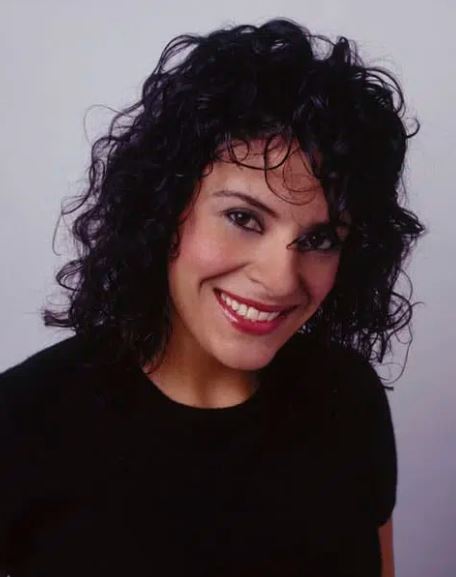
Jodee Blanco, author of The New York Times best-selling memoir Please Stop Laughing At Me. Photo credit: jodee blanco
Blanco said the advice she got from adults as a child included ignoring the bullies and rising above them, which she did as she did not want to disappoint the adults on top of being rejected by other children.
“If you’re a kid and you’re struggling to fit in or being bullied, there’s nothing wrong with you. It’s everything that’s right about you that can sometimes make you a target of others’ unkindness, and you must remain true to yourself, no matter what,” Blanco said.
“I would tell the kids who are unkind that bullying isn’t just the mean things we do. It’s all the nice things we never do that we know we should, but we’re afraid of what our friends will think if we do,” she said.
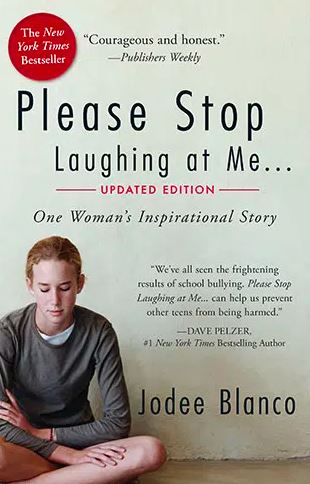
This book sold more than 250,000 copies and has established Jodee Blanco as the first voice of the anti-bullying movement. Photo credit: Adams Media
Ellen Hopkins, one of the many authors in the “Dear Bully” anthology and an author of several New York Times bestselling novels, described the real problem with bullying as being that victims are told they are not okay as they are.
“I wasn’t hurting anybody by being chubby, maybe myself a little bit,” she said. “But you know, a lot of kids go through that phase and either, you know, we stay chubby or we don’t.
“And it doesn’t really matter. It shouldn’t matter to anybody else what we look like,” Hopkins said.
“How we treat others, that should be the judgment and if we’re trying to be good people. What the outside is shouldn’t matter at all,” she said.
Employment lawyer at Forte Workplace Law, Catalina Rodriguez, said there is no age limit for bullying as it does occur after school and in the workplace.
“On any given day, any of us who is unable to regulate our emotions and our brain, is hacked by our fight or flight response, will be a bully,” Rodriguez said.
“People don’t generally know that for the purpose of the law and for the purpose of most policies in the workplace, the intention of the perpetrator is irrelevant. What matters is the impact that it has on the receiving end, the impact that it has on the now victim,” she said.
Forte Workplace Law created a program called Stand-up Teams to teach adults how to be proactive bystanders in the workplace to address and teach people what bullying and harassment look like.
Rachel Vail, an award-winning author who has written many children’s books and young adult books including the “Dear Bully” anthology, said in addition to anyone being a bully, there is a subtle type of bullying that often goes unnoticed.
“Sometimes a good friend will say to you look, ‘I love you and I want to be the one to tell you because I know we’re always honest with each other, but everybody thinks this thing about you,’” Vail said.
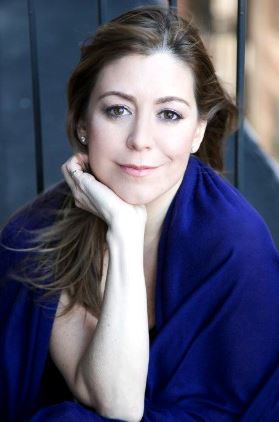
Rachel Vail is an award-winning author. She has written many children’s books and young adult books and was one of the authors in the "Dear Bully" anthology. Photo credit: Penguin Random House
“It’s gaslighting and bullying put together, which is a really brutal combination because you feel like, ‘Oh, my friend (is caring) and also I feel terrible,’” she said.
Vail said she had a best friend who felt rejected when she was doing activities with other people and Vail cut herself off from others as a result.
“My world got smaller and smaller and I felt very judged and looked down on. I felt myself shrinking away and it felt like I was losing myself and losing control of myself,” she said.
“Having gone through that and that cycle of that kind of bullying and allowing that to happen over and over again, I realized I’m spending so much energy on people who are unkind and I don’t have energy then for the other nice ones,” Vail said.

